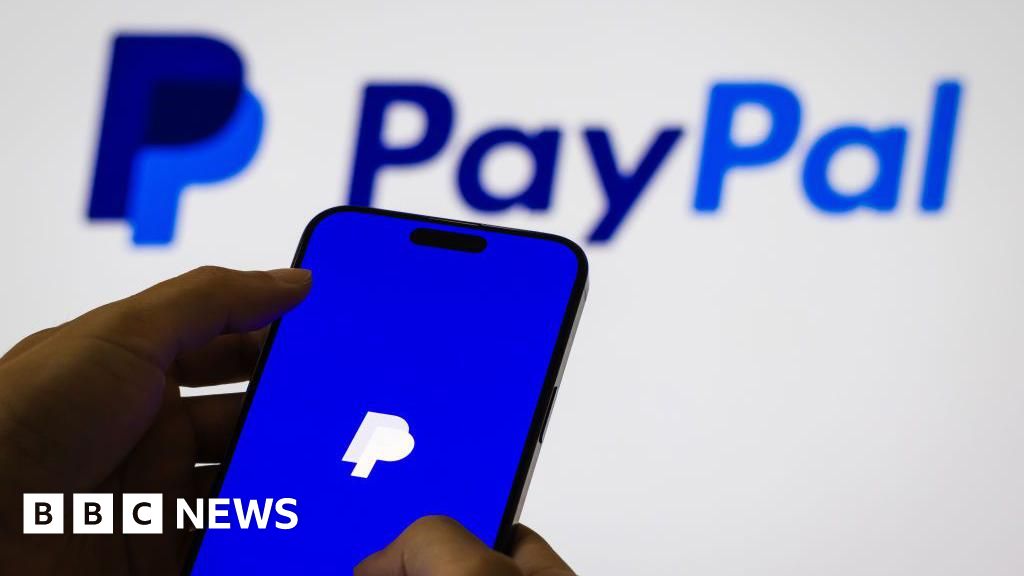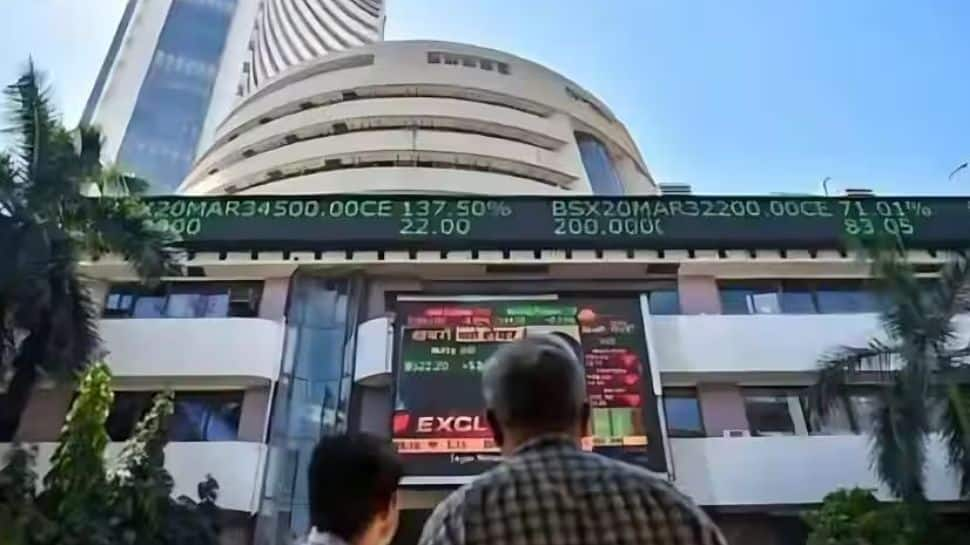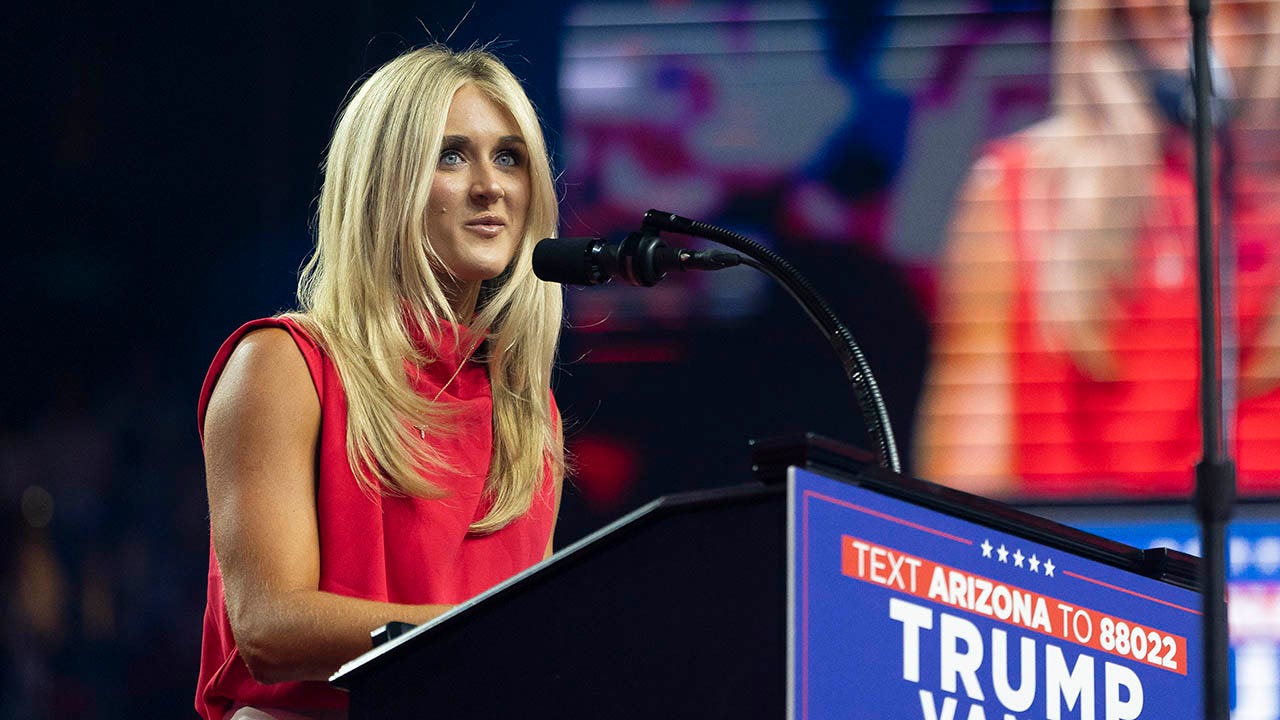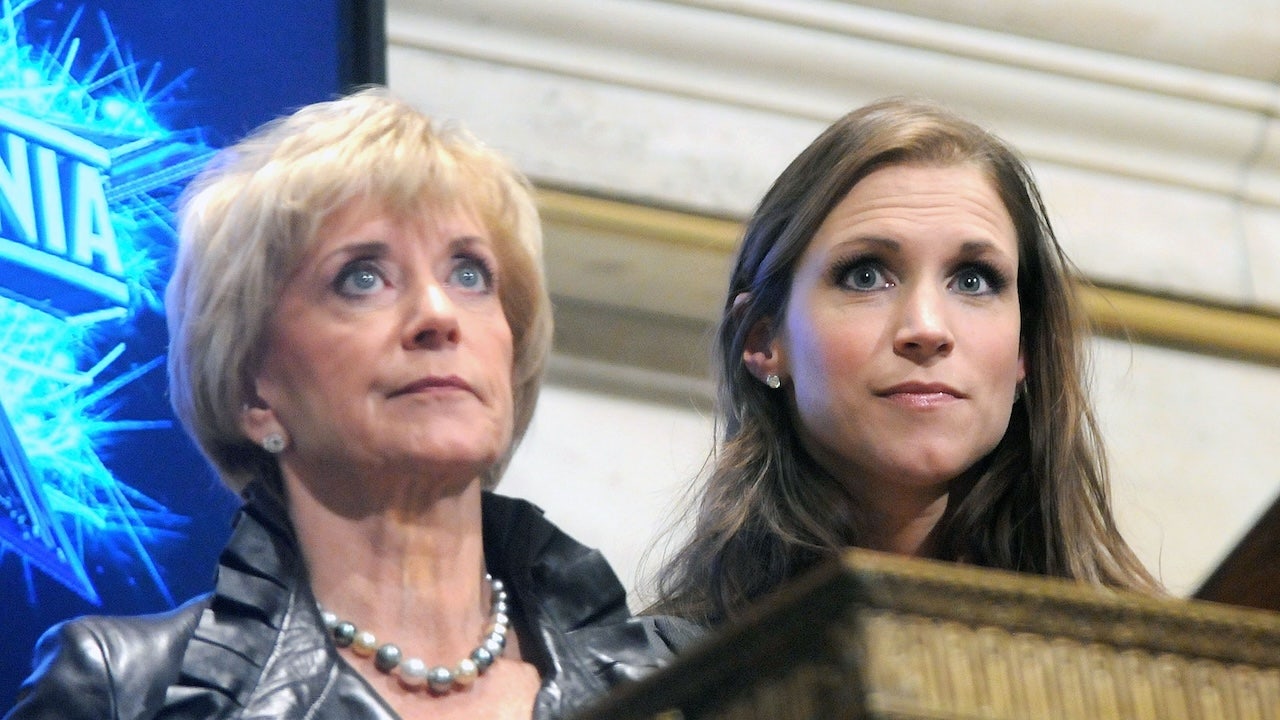A federal bank that finances projects overseas is set to vote on Thursday on whether to use taxpayer dollars to help drill oil and gas wells in Bahrain, a contentious decision that prompted two of the bank’s climate advisers to resign, according to people with knowledge of their decisions.
The project in Bahrain is one of several controversial overseas fossil fuel projects that the Export-Import Bank of the United States is currently considering.
The two advisers, who sit on an 18-person board that President Biden created to help the bank take climate change into account when making investments, resigned last week after a meeting about the Bahrain project, according to five current and former bank officials, who spoke on the condition that they not be identified because they were not authorized to discuss internal deliberations.
They described mounting frustration among climate advisory board members, who say they are being kept in the dark about upcoming fossil fuel loans and blocked from making recommendations about whether to approve or even modify a particular project.
At least two more climate advisory board members are considering stepping down, according to the officials.
Mr. Biden’s aides have expressed concern about the direction of the bank, which has consistently flouted a 2021 presidential order that government agencies stop financing carbon-intensive projects overseas.
The bank is an independent federal agency run by a six-person board of directors who are appointed by the president to four year terms.
The White House did not immediately respond to a request for comment.
The bank confirmed that two members of its climate council had submitted their resignations but declined to say why they had quit. It also declined to comment about the Bahrain project, saying it provides “limited details of transactions” ahead of votes by its board of directors.
The two members who resigned are Barbara Buchner, the global managing director of the Climate Policy Initiative, a nonprofit research group; and Stacy A. Swann, founder of a climate investment group called Resilient Earth Capital. Both declined to comment.
The bank did not disclose how much money in loans or guarantees was being considered. However, it is expected to seek approval from Congress, something required for projects of more than $100 million. The bank also did not say how many American jobs the project was expected to create or give details about the greenhouse gas emissions that would be generated.
The furor over a possible Bahrain deal comes just two months after the United States joined nearly 200 other nations in a promise to transition away from fossil fuels, the burning of which is dangerously overheating the planet. It also comes as Mr. Biden is working to shore up support from climate-minded voters as he runs for re-election.
In addition to financing the Bahrain project, the Export-Import Bank is also considering funding a natural gas export project in Papua New Guinea and an offshore pipeline in Guyana, alongside some projects related to renewable energy like a zinc-lead mine in Greenland.
Over the past year, it has approved nearly $100 million for an oil refinery in Indonesia; $400 million to assist U.S. liquefied natural gas exports; and a loan guarantee to an Estonian company to purchase American storage tanks for an oil project in the Bahamas.
“They want to support fossil fuel companies at all costs,” said Kate DeAngelis, who works on international finance at Friends of the Earth, an environmental group. “We’re seeing that time and time again,” she said.
The Export-Import Bank, commonly known as ExIm, was established in 1934 to support American jobs by providing loans and guarantees for the export of U.S. goods and services.
It has faced sharp criticism over the years for financing fossil fuel projects.
During the Obama administration the bank came under fire for financing coal plants, and, in 2010 as part of a legal settlement with environmental groups, agreed to create a “rigorous enhanced due diligence process” for all carbon intensive energy projects.
While the bank has not financed coal projects in about a decade, it does underwrite a tremendous amount of oil and gas. Between 2017 and 2021 the bank provided nearly $6 billion in financing for fossil fuels projects and $120 million for clean energy, according to a tally by the Perspectives Climate Group and the nonprofit group Oxfam.
When Mr. Biden was elected he established the ExIm Chairman’s Council on Climate to advise the bank on “how to better support U.S. exporters in clean energy, foster the transition to a low-carbon economy, and create clean U.S. jobs at home.”
But since the council’s inception, the bank’s staff has limited its influence, telling members that they are not permitted to advise on any particular project up for finance, according to the current and former bank officials.
Climate advisers have been denied requests to know what fossil fuel projects are pending and told they can see information when the general public does, these officials said.
When the bank approved funds for the Indonesian oil refinery project in May, the bank’s climate advisers learned about it through news reports, according to five current and former bank officials.
That decision also raised concerns inside the Biden administration, which had just months earlier signed an agreement to help Indonesia transition to clean energy.
John Kerry, Mr. Biden’s climate envoy at the time, had called Reta Jo Lewis, the bank’s chairwoman, to try to delay a vote on the project but the board moved ahead, according to one administration official with knowledge of the discussion, who spoke on the condition of anonymity because this person was not authorized to publicly discuss it.
The U.S. financing for Bahrain would go toward expanding the Bahrain Field in the center of the country, one of the oldest oil and gas fields in the Middle East. Operated by a subsidiary of the state-owned National Oil and Gas Holding Company, it plans to drill more than 400 new oil wells and more than 30 new gas wells, according to an environmental impact report posted on the bank’s website.
Such a project could also mean lucrative contracts for American engineering and construction management firms. Last year, Ms. Lewis traveled to Bahrain to meet government officials and corporate executives to “expand ExIm’s footprint in the region and facilitate new opportunities for U.S. exporters in Bahrain.”
SLB, a Houston-based oil field services company, is involved with the project, according to a meeting agenda made public by the bank.
Queries to the state-owned company and to Bahrain’s Ministry of Oil and Environment went unanswered. SLB did not respond to requests for comment.














































